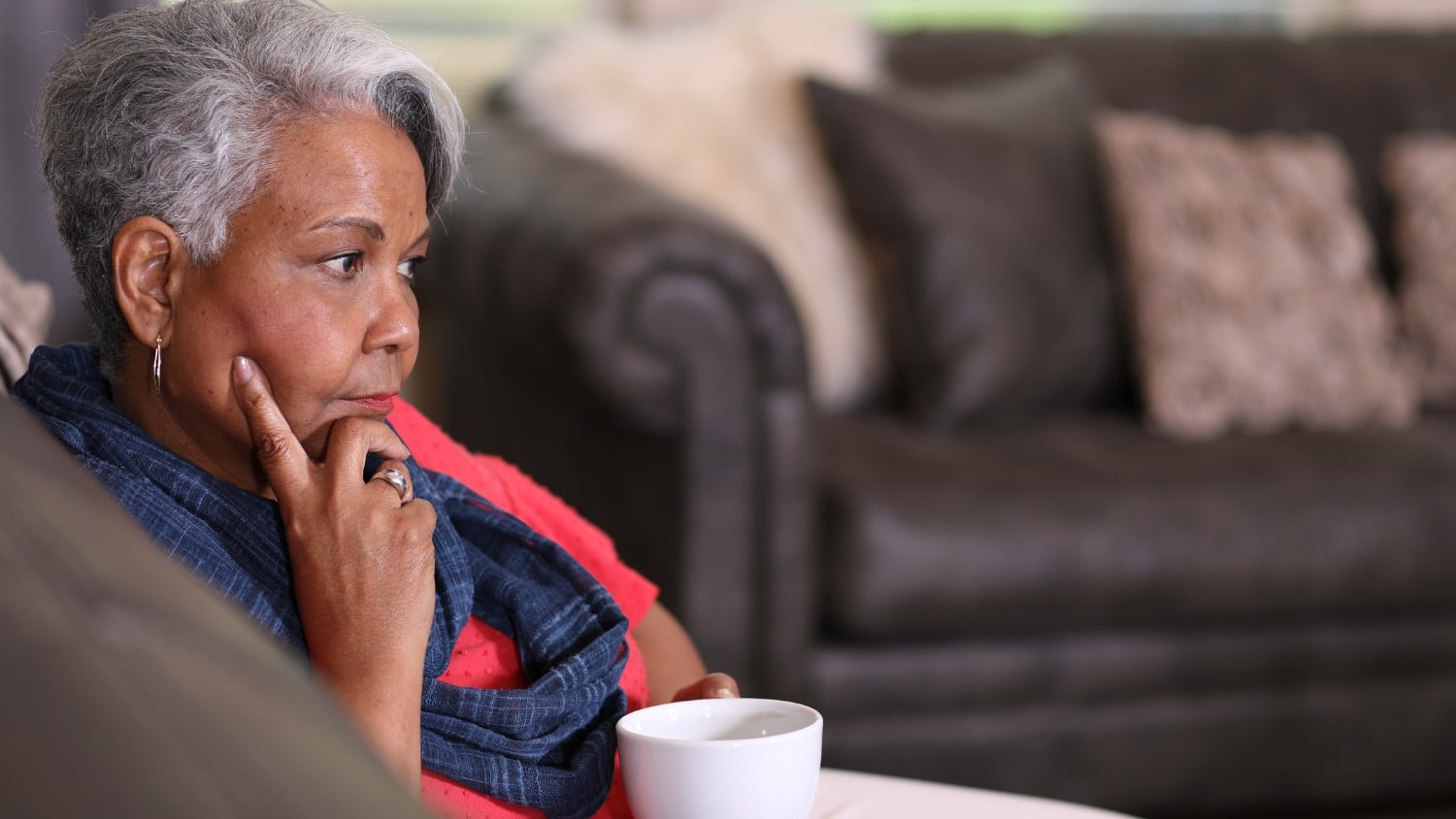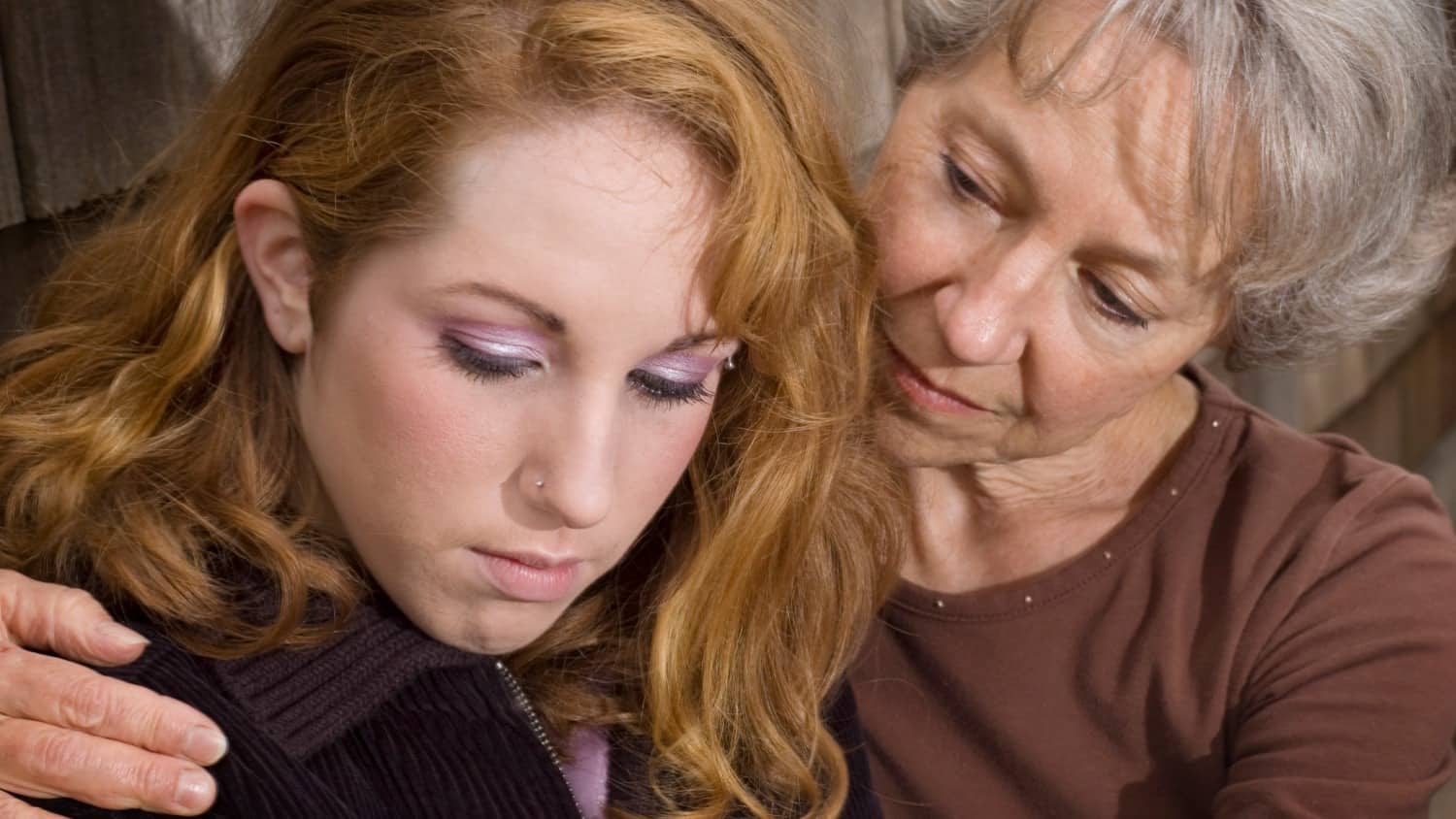
How to Move Past the Wounds of Estrangement and Find Relief
Feeling numb, dumbfounded, angry, and depressed over the angst of being cut off from a family member is expected. Estrangement can occur with adult children, mothers, fathers, siblings, uncles, aunts, grandparents, and grandchildren.
Descriptions include “feeling like I am dead” and “devasted.” What can we do to get our life back?
Estrangement Brings Uncertainty
Research describes the ambiguous and uncertain nature of being cut off from the family. Many focus on how they can arrive at their desired outcome and get things back to where they were before the event shocked their world.
A repaired relationship is an ideal outcome when the circumstances warrant reconciling. In cases of abusive and toxic relationships, individuals estrange out of self-preservation. Reconciling is not recommended unless behaviors have significantly improved.
Estrangement Is Overwhelming
The experience of estrangement harms our emotions and thoughts and is traumatizing. Prolonged immersion in meditating on the traumatic experience can be stressful and overwhelming. Stress is emotionally taxing, but we can devise ways to manage the emotional strain. Let’s add that coping can be productive and detrimental.
Overwhelming is when we lose the ability to cope and cannot function. We respond with feelings of grief and potentially chronic stress. Being cut off is a lot to navigate as humans. It can break us for a while if we aren’t careful. Protecting ourselves must be an intentional posture we cling to.
Being on Both Ends of Estrangement
I am aware of both sides of the estrangement condition. My severed relationship with my sister resulted because being with her was highly unmanageable. People around me were generous with their suggestions and “you shoulds” which only helped me feel more guilt.
Then my son decided to disconnect from his siblings physically and emotionally about five years ago. And later he disconnected from my husband and me. The ache and shock would not subside.
But I needed to continue living; I avoided dealing with the blow.
Avoidance Is Not the Solution
Compartmentalizing pain is a great coping mechanism. It’s akin to putting stuff in the attic for a day you might get to it in the future. Compartmentalizing is a defense mechanism used to avoid and suppress our emotions. Avoiding can be helpful when we are distressed but still need to show up for something important. But in the long run, avoiding prolongs the pain.
It is most helpful when we go back and sort through the box. The stuff I keep in my literal attic is mostly stuff I cannot part with for now. It has meaning and value. I saved some baby blankets in a box only to find they took on that musty smell.
When it comes to our figurative attic or the pain we want to avoid, we only get relief in the short term. Contents in the attic do not just sort themselves. We need to go in there and process. We move past so we can find relief and live despite the blow.
How to Move Past the Wounds of Estrangement
Get Support
The wounds of estrangement require someone to come alongside us and be there to help share and bear the burden. Trained therapists guide someone towards healing.
A supportive therapist and friend will patiently listen as you ventilate and make meaning of what has happened.
They know how to help you feel heard and give nonjudgmental feedback. Therapy is where you can take that box out of the attic as it is, and someone skillfully enables you to process it.
Estrangement support groups will also provide an opportunity not to feel alone and gain insights. Therapy is where we talk about what’s troubling us and our desire to feel less distressed. Early in the estrangement and even lingering, we may experience grief, shock, denial, anger, guilt, and depression. But the shame one feels when their family rejects them keeps estrangement in the shadows. Shame also occurs when someone leaves a relationship.
The human need for connection is so great that when threatened by someone who needs to cut off, it shakes us to our core. Shame, differing from guilt, is feeling something is wrong with us. When we are ashamed to talk about what has happened in our family, it fuels our inability to move past and heal. Brené Brown, author of Daring Greatly, has amplified the necessity to be vulnerable as a pathway to courage.
To move forward and find relief, we need to honestly go into those attic boxes, even the ones that have been there too long, but take someone with us. The trouble with doing the work all alone is that we lose perspective on what has value.
If we have been in the throes of grief and are ashamed, we are likely critical and unloving toward ourselves. We might ruminate about our mistakes and condemn ourselves rather than forgive. Taking responsibility for our part is essential but being wedged in the mire of our shame leaves us stuck.
When someone witnesses these heavier places, they can reflect with an empathetic perspective. That friend, therapist, or group member can remind us that we are more than someone’s sibling, daughter, mother, or father.
You start remembering your strengths and values. Processing emotions and feelings help us build a bridge to who we are and feel more connected. We take the risk, feel heard, and find that connection.
Connection, along with love and belonging (two expressions of connection), is why we are here, and it is what gives purpose and meaning to our lives.
— Brené Brown, Daring Greatly
I know from those who write and speak to me that therapy has helped them to find a path towards healing. One woman was estranged from her daughter after she and her husband decided to divorce. When we first began, she could hardly get through a session without weeping over the loss of her relationship with her husband, daughter, and grandchildren.
Another woman navigated her anger over her two daughters “kicking her to the curb” with her desire to reconcile. The theme of those who have benefitted from therapy relay is empathy, and gentle guidance has helped them to move past the wounds and find relief.
Self- Care
As a therapist and wellness coach, I think self-care is probably one of the most misunderstood essential things humans require. Describing self-care as a practice of caring for oneself is part of the problem. Self-care is an attitude you commit to when you love yourself enough to know you are worth honoring. It’s more about knowing you are worth the effort and time to do what it takes to ensure you are well emotionally, spiritually, relationally, and physically.
As a society, we adore our pets. I will admit that I am guilty of loving my sorely missed little Lola more than myself. She went to her veterinarian appointments, was impeccably groomed, fed well, and adored.
On the other hand, I have avoided the dentist like the plague, forcing myself to listen to that cleaning tool. But besides self-care, such as getting enough sleep, eating nutritious foods, exercising, and drinking enough water, we need to reach into our attitude about ourselves.
Do we make time for social engagements and fun? Are we engaging in downtime that allows our bodies and minds to pause from all the pressures of life? Resurrecting a hobby that pleases us is an excellent place to start. Positive regard for our well-being means we are building a bridge back to ourselves.
Especially when we are dealing with the wounds of estrangement and our focus is on an outcome with someone we can’t control. We can influence how we move past the awfulness and emotional pain of being cut off.
We can join a book club, take a pottery class, do volunteer work, and walk a trail with a friend. When we let accumulated intense feelings out, we begin to soften ourselves. Our self-care attitude is more than a manicure but an appointment with someone you care about. Cultivating self-compassion comes from self-acceptance and treating ourselves as we would a dear friend.
A daily self-care routine will help you build your reservoir to prepare you for the uncertain future. Breathing techniques, prayer, and meditation help us stay calm. Basic self-care is essential and so is having fun.
A spiritual practice helps us stay grounded. Journaling and gratitude practice are excellent mood lifters. The most significant predictor of well-being is gathering with those who love and value you. If it’s not your family, then connect with friends. Above all, it is the attitude that your life matters that will help you move past the wounds and find relief.
Let’s Have a Conversation:
What have you done to move past your wounds of estrangement? What has helped you get unstuck from your estrangement? What self-care practices have been the most helpful as you move forward?
Tags Estrangement







My son estranged himself slowly from me over a three year period. I have not seen him in one year. He also has had little contact with other family members who were very close to him, not returning phone calls, text messages, and invitations to attend family events. When he does come to the area where I live and my ex-husband live, he borrows his father’s car and disappears for days visiting friends. I used to see him may’be once during these periods. The only person who he picks up the phone for occasionally is his sister. He is 28. We were very close until he attended college on the West Coast (we are on the East Coast). His father did his best to alienate him from me by trying to depict me as the villain in our divorce which had happened many years previously. He has never remarried. I remarried very quickly and my son had a good relationship with my husband. I was a very involved, caring, and devoted mother. There was some stressful times as we integrated my husband’s children into our household (largely due to their mother) but my children enjoyed having the other two children in their lives when they were young. My children no longer have a relationship with my stepchildren. My son says that he has a problem with me because of the divorce and that I divorced his father to be with my current husband, which is not true. I did not share all of the reasons with my son at the time of the divorce because he was too young. He says that I lied to him. He is very black and white and he has always taken his frustrations out on me ever since he was very young. I know this is because he is most comfortable with me and I know that mothers are supposed to be perfect and hold the family together and in my son’s mind I am to blame for everything, including his father’s unhappiness. I am reaching out to him periodically,(every couple of months) sending him quick hello’s by text, items he would find interesting/amusing,and asking him to give me a call to catch up when he gets a chance. Last year, he at least called me on my birthday and Mother’s Day, but last month he did not acknowledge my birthday at all. It’s heartbreaking.
Your article couldn’t have had a more powerful impact on me and came at the right moment in time. Your genuine ability to share and explain the pain of estrangement will be forever remembered by me. Your article with the invaluable insight, and advice was especially serendipitous—it arrived on the day I ran out of hope. Never in a million years could I believe my lovely, wonderful, smart, caring daughter would choose no-contact with me at this late stage of my life. Your article gives me hope. Thank you.
Thank you. Your words and suggestions got me through another mother’s day.
Thank you! I have heavy boxes in my attic. Your articles are so helpful.